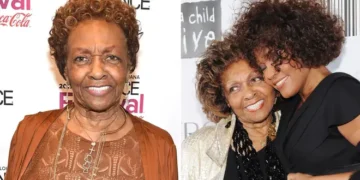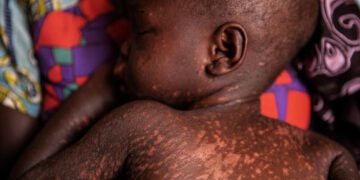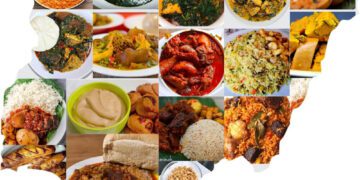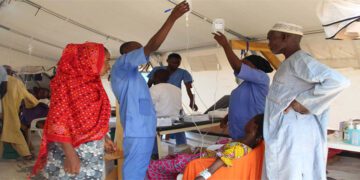There’s a peculiar beauty in tradition, a kind of ancient wisdom passed down from generations, woven into the very fabric of our identities. Omugwo, an age-old practice in Nigeria and many other African cultures is one such tradition.
It is a rite that honours the profound transition into motherhood—when a woman’s life is no longer just hers. The mother or mother-in-law steps in to help, hold, guide, and nurture. But beneath the surface, beyond the customary roles and expectations, lies a deeper narrative that deserves attention.
Motherhood is a journey—a sacred, scarred journey. It’s often glorified as the ultimate fulfilment, the crowning achievement of womanhood. And while that may hold some truth, it’s a half-told story.
I’ve never walked that path myself, but I’ve witnessed it up close, seeing the quiet struggles etched on the faces of friends and family. The sleepless nights, the relentless demands, the unyielding pressures—it’s a baptism by fire, and not everyone emerges unscathed.
For new mothers, the aftermath of childbirth can be a turbulent storm, with postpartum depression lurking like a shadow. It’s a time when the woman, newly christened as a mother, is reborn into a world that feels both familiar and foreign. Everything she once knew is now different—her body, her identity, her very sense of self. She’s torn between the joy of holding her newborn and the silent mourning of the woman she used to be.
This is where Omugwo steps in. It’s more than just a tradition; it’s a lifeline, a support system. But the question that often arises, one that lingers unspoken in the minds of many new mothers, is who should fulfill this role? Who is better suited to walk this path alongside her—the mother who gave her life or the mother-in-law who gave her a husband?
In the natural order of things, the person best positioned to care for a new mother is her partner, the one who shared in the creation of this new life. But life is rarely that simple. Work, obligations, and societal expectations often pull the husband away, leaving a void that Omugwo seeks to fill. Yet, even this tradition is fraught with complexities.
For many, the thought of having their mother-in-law in their home during such a vulnerable time is daunting. There’s an intimacy in postpartum care that can be overwhelming, even for one’s own mother. The rawness, the physical and emotional exposure—can it truly be shared with someone who, despite all bonds, is still an outsider in many respects?
Consider the tasks at hand: the washing of soiled clothes, the preparation of meals, the handling of intimate hygiene. These are not just chores; they are acts of care that require a deep understanding and acceptance of the new mother’s vulnerabilities. There’s a natural inclination to lean on one’s own mother, someone who can intuitively sense what’s needed, often without a word being spoken. She knows her daughter’s fears, her strengths, her limits.
But what happens when tradition, or the husband’s insistence, brings the mother-in-law into this space? The dynamics shift, the atmosphere thickens with unspoken expectations and potential tensions. The new mother finds herself walking a tightrope, trying to maintain the balance between gratitude and self-preservation. Questions arise, and they are not trivial.
Can she truly relax, breastfeed her baby, while her mother-in-law cleans the house? Can she ask her for help with the most personal, intimate tasks without feeling a sense of guilt or discomfort? And what of the mother-in-law—how does she navigate this delicate role, balancing her own expectations with the needs of her daughter-in-law?
These are not easy questions, and they deserve honest, open conversations. Before the Omugwo begins, perhaps the couple should sit down and address these concerns. It’s not about disrespect; it’s about ensuring that this sacred time of healing and bonding isn’t marred by unspoken resentments or unmet expectations.
And yet, it is important to recognize and applaud the many mothers-in-law who, with genuine love and without any form of resentment or expectation, have shown remarkable understanding and solidarity to the new mother. Their presence, when rooted in care and compassion, can be a profound source of strength and comfort.
Because at the heart of Omugwo is not just the care of the newborn but the care of the mother. She is healing from the physical wounds, yes, but also from the emotional upheaval of this new chapter. She needs support, understanding, and most of all, she needs to feel safe in her vulnerability.
In the end, whether it’s the mother or the mother-in-law who steps into this role, what matters most is the spirit in which it’s done. It should be an act of love, a gesture of solidarity in the face of one of life’s most transformative experiences. Because the truth is, the new mother is not just caring for a newborn—she is also learning to care for herself in a world that has irrevocably changed.
And that, perhaps, is the true essence of Omugwo.













































































